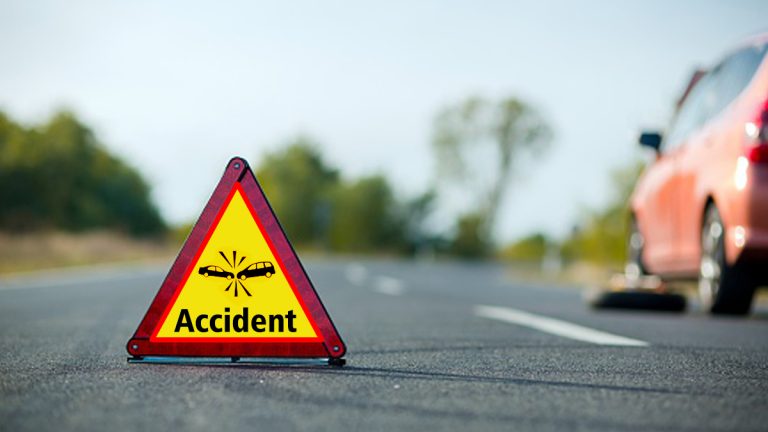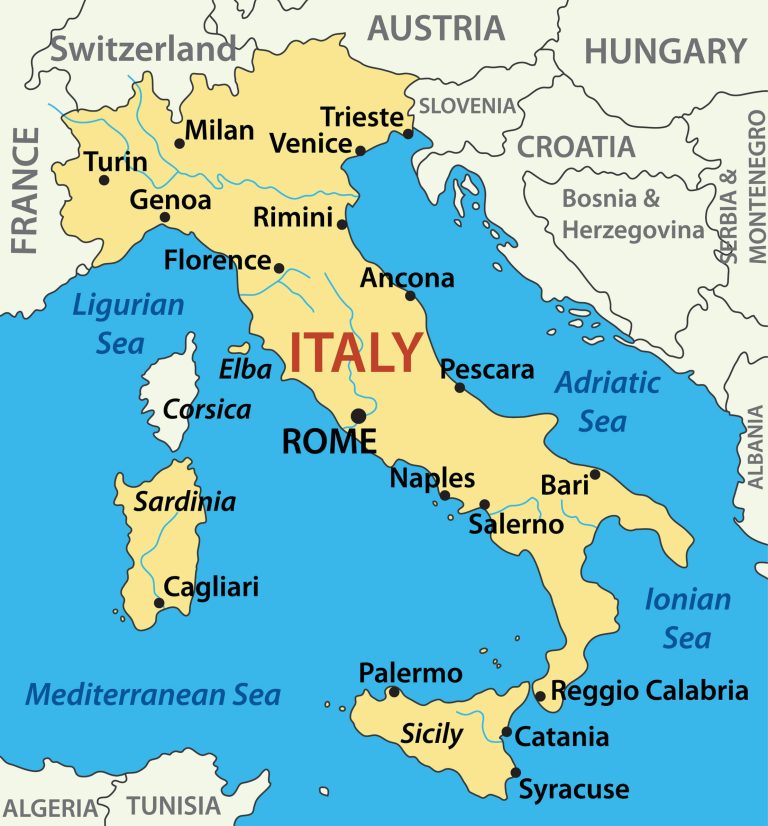

vehicle insurance and how it works

Vehicle insurance (also known as car insurance, motor insurance, or auto insurance) covers automobiles, trucks, motorbikes, and other types of road vehicles. Its major purpose is to give financial protection against physical damage or bodily injury caused by traffic crashes, as well as liabilities that may follow from occurrences in a vehicle. Vehicle insurance may also provide financial protection against theft and damage to the vehicle caused by incidents other than traffic crashes, such as keying, weather or natural catastrophes, and colliding with immovable objects. The particular terms of automobile insurance differ according to local laws.
History
After the First World War, the motor automobile became widely used in metropolitan areas. Cars were pretty fast and hazardous at the time, yet there was no mandatory auto insurance anywhere in the globe. As a result, wounded victims were seldom compensated after an accident, and drivers frequently faced significant fees for damage to their automobiles and property.
The Road Traffic Act of 1930 was the first to enact a mandatory vehicle insurance plan in the United Kingdom. This required all vehicle owners and drivers to be insured for their responsibility for harm or death to third parties when using their vehicle on a public road. [1] In 1939, Germany implemented similar laws known as the “Act on
the Introduction of Compulsory Motor Vehicle Insurance.” [2]
Government policies
Vehicle insurance is required in many jurisdictions before operating or maintaining a motor vehicle on public highways. Most countries consider insurance to cover both the vehicle and the driver; however, the degree of each varies substantially.
Several governments have tried out “pay-as-you-drive” insurance plans that use either a tracking device in the car or vehicle diagnostics. This would solve the issue of uninsured motorists by offering other options, as well as charging depending on the miles (kilometers) traveled, which might theoretically boost insurance efficiency through the simplified collection.
Levels of coverage
Some or all of these items may be covered by vehicle insurance:
.The insured individual or entity (medical payments)
.Damage to property caused by the insured
.The insured automobile (physical damage)
a third party (car and people, property damage, and bodily injury)
.Third-party, fire, and theft are all possibilities.
In certain countries, coverage for injuries to passengers in the insured vehicle is provided regardless of responsibility in the car accident (No-Fault Auto Insurance)
.The expense of renting a car if yours is wrecked.
.The expense of towing your automobile to a repair shop.
.Accidents caused by uninsured drivers.
Ten Reasons Why Car Insurance Is Essential

Nobody enjoys having to pay for auto insurance. Why bother if you’ve been driving for decades and never required it? It’s better to have it and not need it, like with many other things in life, than to need it and not have it. This is something that people have always known about vehicle insurance. In the United Kingdom, a business whose name has since been forgotten allegedly offered the first vehicle insurance coverage in 1895. It is a vital policy to have regardless of where you reside. Why? Here are twelve of them:
1 Car insurance is frequently mandated by law.
Car insurance is mandatory in many places. There are various levels of coverage, but there is almost always a bare minimum. This is true in the United States, where most states mandate insurance. Anyone who registers an automobile in the European Union must obtain third-party liability insurance. This insurance does not cover expenditures such as car repairs, but it does cover you if the collision causes property damage or injury to anybody other than the driver.
2 Auto insurance protects you in the event of an accident.
One of the most distressing things that may happen to a motorist is causing an accident. When you’re at blame, you’re answerable for the charges. Certain forms of insurance, such as collision or personal injury protection, frequently cover costs regardless of who is at fault.
3 Car insurance assists in the payment of losses caused by “acts of God.”
Insurance isn’t just for accidents. Weather occurrences such as hail, ice storms, wildfires, and others can cause damage to your vehicle. Comprehensive coverage often compensates for what insurance companies refer to as “acts of God,” or incidents in which neither you nor another motorist is at fault. This form of coverage is also necessary if your vehicle is stolen or vandalized. It may also cover stolen or damaged stuff in your automobile, depending on the coverage.
4 Passengers are protected by car insurance.
In the event of an automobile accident, insurance should cover any injuries sustained by passengers. As previously stated, third-party responsibility is intended to safeguard any non-drivers engaged in the incident. If you cause an accident and injure others, the decent insurance coverage will assist pay for their medical fees. If you’re driving with passengers and an accident occurs that isn’t your fault, your insurance or the at-fault driver’s insurance should still cover passengers.
5 Car insurance makes things easier.
Insurance might be complicated depending on where you live and how many policies you have, but having insurance after an accident actually streamlines the process. Without insurance, you’d have to deal with the other motorist or property owners directly. When you have insurance with a decent firm, they take care of almost everything.
6 Car insurance can be used in conjunction with health insurance.
We’ve discussed how vehicle insurance may help pay for medical expenses. You may be asking what happens if you have health insurance as well. Car insurance can help pay for procedures that your normal insurance does not cover. Have you had an accident that resulted in tooth damage?
A good vehicle insurance coverage may offset some of the costs and relieve you of the burden of dental insurance.
7 Car insurance safeguards your valuables.
If you are involved in an accident and do not have automobile insurance, you will have to pay out of pocket. Depending on the circumstances of the accident, this might be a substantial sum of money. If you own property or a business, a court decision might begin to deplete your assets. Car insurance with larger liability limits is an excellent choice for drivers who have a lot to lose.
8 Car insurance allows others to drive your vehicle.
You won’t be the only one who uses your automobile. This is especially true if you have children who are or will soon be driving.
Most auto insurance policies allow you to add other drivers if you are connected to the individual or live together. What if a buddy requires the use of your vehicle? Car insurance often applies to the covered vehicle, so the policy protects anyone is driving it, including a friend. If your buddy is involved in an accident with your automobile but it is not their fault, the at-fault driver’s insurance will cover the costs.
9 Car insurance covers companies that own or utilize automobiles.
There are several sorts of enterprises that rely on automobiles. Firms that transport things or travel to customers’ homes to conduct services (such as home repairs) are included, as are rideshare services, taxi services, and relocation companies. Even if your company does not utilize automobiles on a regular basis,
If the employer owns any cars, you will still require insurance. Commercial plans are almost always the best option. This guarantees that your drivers are insured and that your company is protected from financial ramifications in the event of an accident.
10 Car insurance provides you with peace of mind.
When you have automobile insurance, you can drive without thinking, “What if…?” You may not be concerned since you are confident in your driving ability, but there are numerous instances in which your driving talents are irrelevant. Another car may run a red light, or you may be forced to swerve into a fence to avoid colliding with a youngster rushing into the roadway. There are also legal ramifications to not having auto insurance. Decent insurance coverage provides you with peace of mind.



